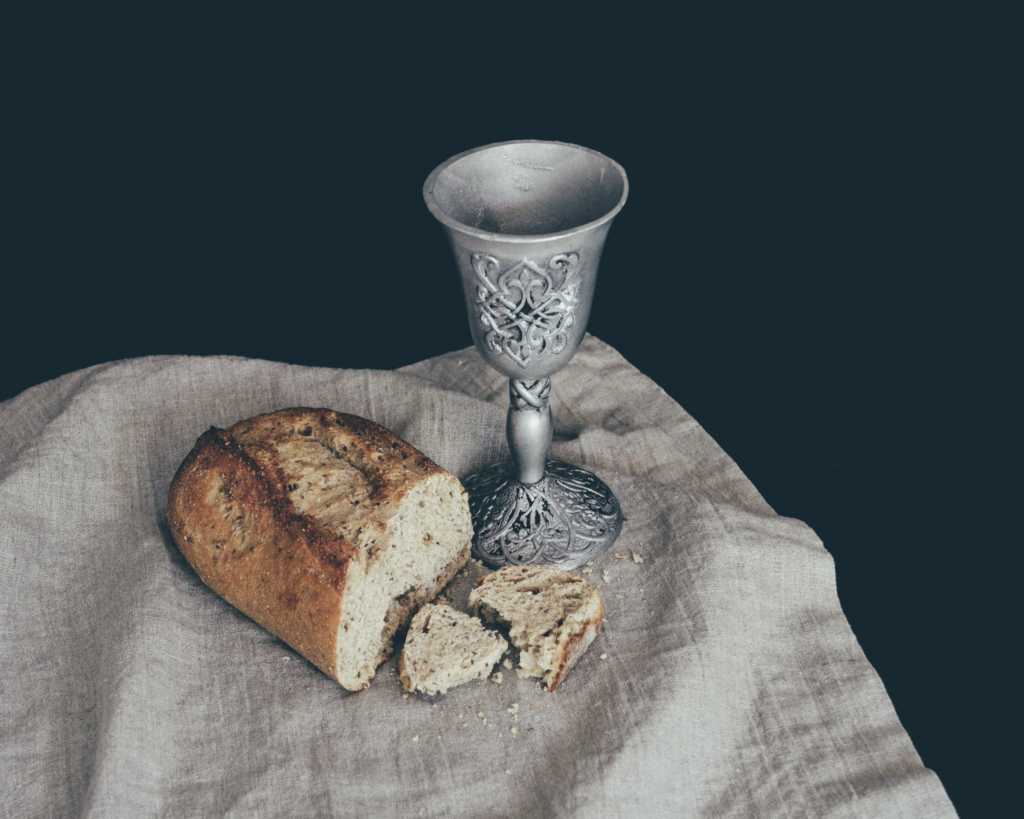Join Faithwire as we prepare for Easter with a 7-day devotional series. Get the devotional sent straight to your inbox every day by subscribing to our free email newsletter.
Now on the first day of Unleavened Bread the disciples came to Jesus, saying, “Where will you have us prepare for you to eat the Passover?” He said, “Go into the city to a certain man and say to him, ‘The Teacher says My time is at hand. I will keep the Passover at your house with my disciples.'” And the disciples did as Jesus had directed them, and they prepared the Passover.
When it was evening, he reclined at table with the twelve. And as they were eating, he said, “Truly, I say to you, one of you will betray me. And they were very sorrowful and began to say to him one after another, “Is it I, Lord?” He answered, “He who has dipped his hand in the dish with me will betray me. The Son of Man goes as it is written of him, but woe to that man by whom the Son of Man is betrayed! It would have been better for that man if he had not been born.” Judas, who would betray him, answered, “Is it I, Rabbi?” He said to him, “You have said so.”Matthew 26:17-29
Now as they were eating, Jesus took bread, and after blessing it broke it and gave it to the disciples, and said, “Take, eat; this is my body.” And he took a cup, and when he had given thanks he gave it to them, saying, “Drink of it, all of you, for this is my blood of the covenant, which is poured out for many for the forgiveness of sins. I tell you I will not drink again of this fruit of the vine until that day when I drink it new with you in my Father’s kingdom.”
COMMUNE
On Thursday, the disciples went into Jerusalem and found the man in whose home they would celebrate Passover. As evening fell and the meal began, Jesus revealed he was aware of the plot to betray him. His time was at hand; soon he would go to his death. The disciples questioned each other and Jesus trying to figure out the betrayer’s identity. Since they all would have dipped their hands in the bowl as part of the meal’s ritual, the answer wasn’t clear. But when Judas asked Jesus directly, he received a disguised, self-condemning answer. Judas knew it was him — and so did Jesus.
As the evening went on, Jesus infused this Passover meal with new meaning. The bread, he said, was a symbol of his own body. A symbol that, in just a short time, would become a visible reality as he was beaten, scourged, and crucified. The wine symbolized his blood, poured out to usher in the new (better!) covenant prophesied by Jeremiah (Jer 31:31-34). It’s the blood of the final sacrifice, blood without which there is no forgiveness of sin (Heb 9:18-22).
This last supper was full of significance. It was the last Passover meal of the old covenant; after this night Passover was ultimately fulfilled in the death of God’s once-for-all sacrifice. It was the last time the disciples would commune physically with Jesus before his death. And for 2,000 years since, it’s been the way his people have continued to commune with him, proclaiming his death and eagerly looking forward to his return (1 Cor 11:26)!


